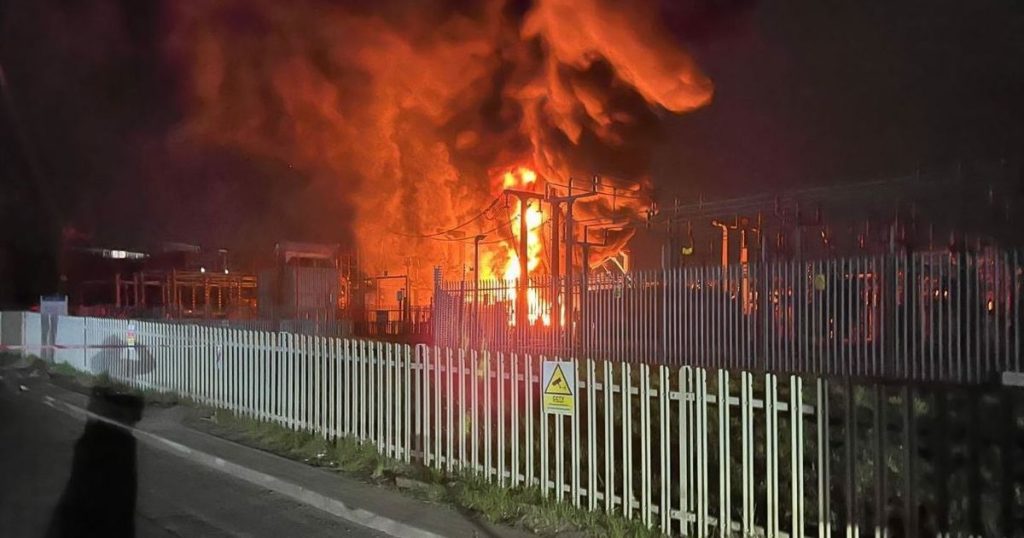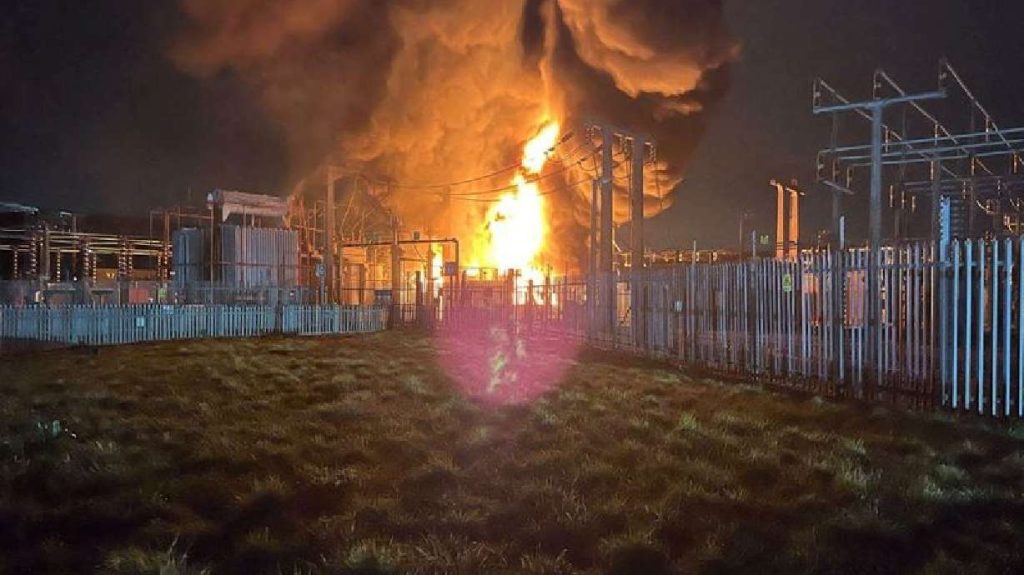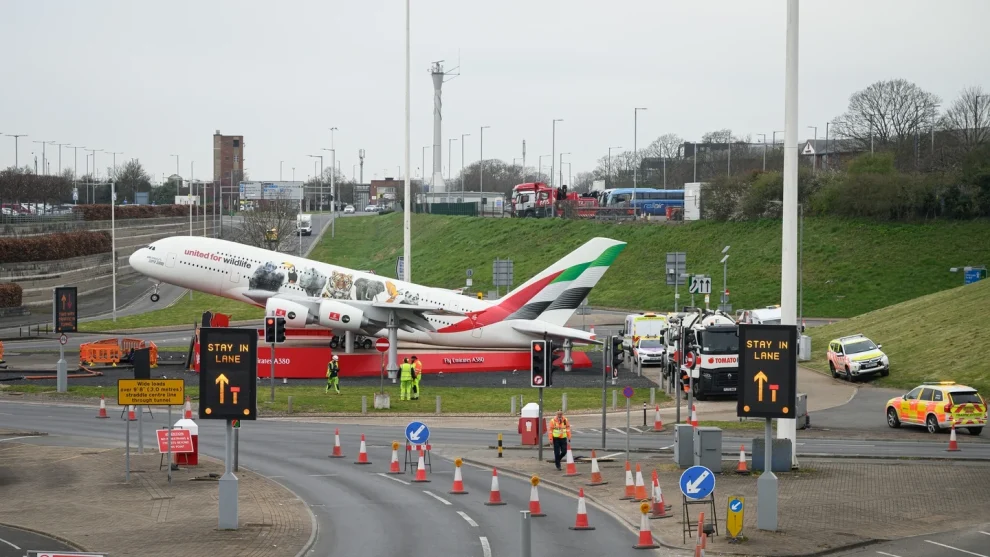London airport shutdown sparks flight disruption, missed connections, and infrastructure review
THE UK’S busiest airport, London Heathrow, was forced to close after a major power failure on Thursday night (Mar 20), causing widespread flight cancellations and severe travel disruption for Welsh passengers and businesses.
A fire at an electrical substation in Hayes, West London, knocked out both primary and backup electricity supplies to the airport, which handles around 1,300 flights per day. The disruption is expected to last for several days, with no confirmed timeline for a full reopening.

Welsh passengers stranded or delayed
While Heathrow is not served directly by flights from Cardiff or other Welsh airports, thousands of Welsh residents rely on the airport for long-haul travel, including business trips, holidays, and family connections.
Passengers from Wales travelling via train or coach to Heathrow faced cancelled flights and diversions across the UK and Europe. Some international flights destined for Heathrow were rerouted to Gatwick, Luton, Manchester, and European airports including Brussels and Paris.
Several travellers from West Wales told The Herald they were left “stranded” at Reading and Paddington after trains were cancelled or redirected. One passenger, travelling from Carmarthen to catch a connecting flight to Canada, said they were now facing a 48-hour delay and an unexpected overnight stay in London.

Airport infrastructure questioned
The fire began at around 11:00pm on Thursday night and quickly spread through a transformer containing 25,000 litres of cooling oil. Firefighters remained at the scene on Friday afternoon, with 10% of the blaze still active.
Heathrow’s backup power systems failed to restore full operations. A spokesperson for the airport said the emergency generators are designed to maintain safety systems only, not to power the entire site.
The failure has prompted serious questions over the resilience of key national infrastructure.
Professor Tim Green, an electrical engineering expert at Imperial College London, said: “It is highly unusual for both primary and backup systems to fail at an airport of this size.”
Disruption to business and freight
The closure has also impacted Welsh businesses that rely on air freight through Heathrow, including medical suppliers and exporters of high-value goods.
Freight forwarding firms based in Deeside, Swansea, and Newport said delays in shipments could affect supply chains for days. Some perishable cargo has already been rerouted through East Midlands Airport and Birmingham.
Paul Charles, CEO of travel consultancy The PC Agency, estimated that the closure could be costing the travel industry over £20 million a day. “This sort of failure should never happen at a strategic UK transport hub,” he said.
Government and Ofgem announce reviews
UK Energy Secretary Ed Miliband confirmed that both the main and reserve power supplies failed. A third transformer is being brought online, but no estimate has been given for when full service will resume.
The energy regulator Ofgem has launched an urgent review. Akshay Kaul, Ofgem’s infrastructure director, said: “We must get to the bottom of this failure and ensure it can’t happen again.”
The Metropolitan Police confirmed that their Counter-Terrorism Command is leading the investigation due to the site’s national infrastructure importance, though there is no evidence of foul play at this stage.
Legal uncertainty for affected passengers
Under UK and EU rules, passengers may be entitled to compensation if an airline is at fault—but not for infrastructure failures like this one.
Most airlines have issued rebooking offers or full refunds, but many passengers are still waiting for alternative flights. Legal experts say disputes over liability between airlines, the airport, and energy providers are likely.
Travellers from Wales with upcoming flights via Heathrow are being urged to check with their airline before travelling and to consider alternative airports.















